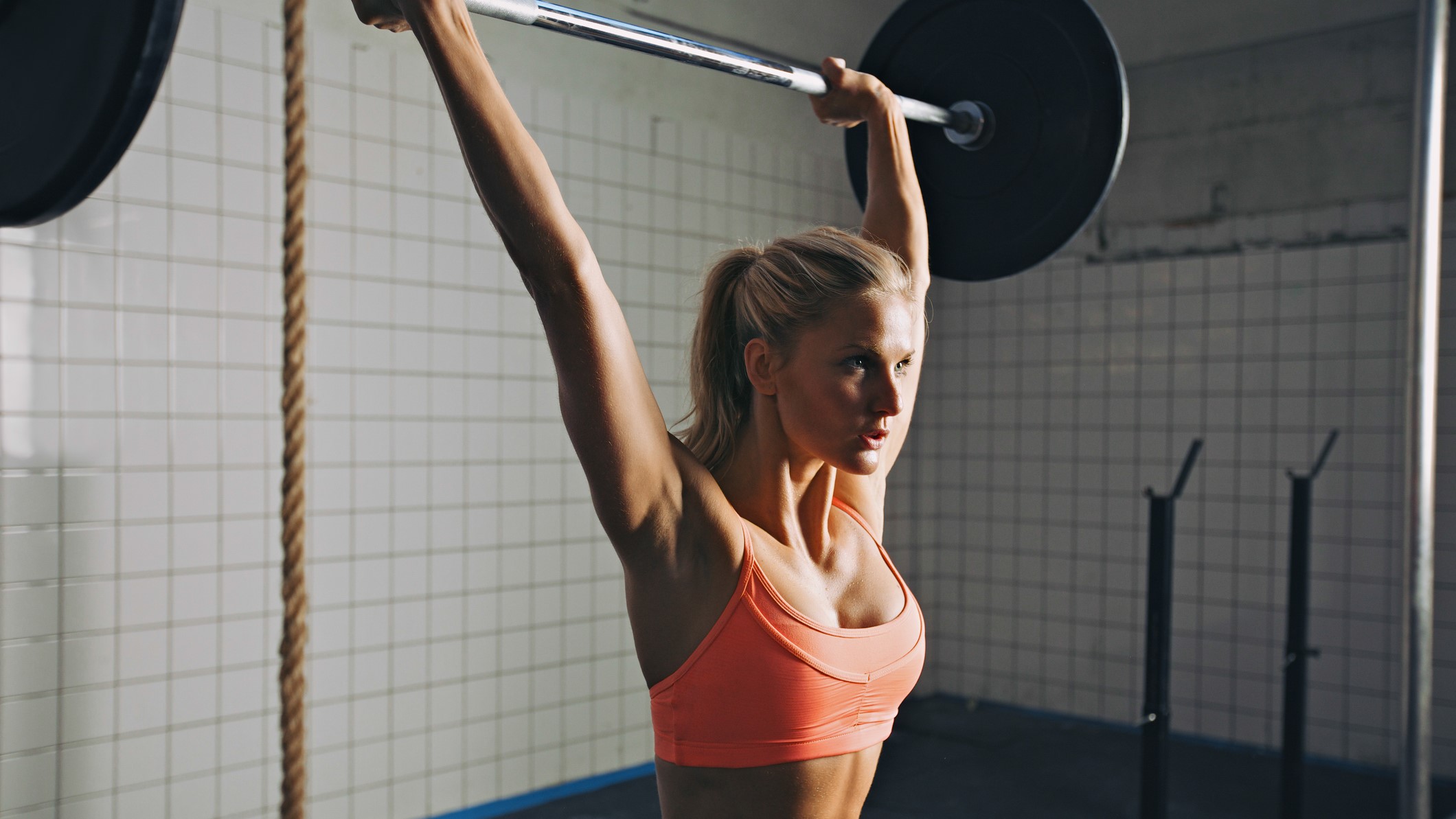

Learning how to perform overhead press correctly is a key component of getting big arms, but it's far more than that. This compound exercise – sometimes also called military press or standing shoulder press – will not only build shoulder definition but will also enhance the size of your triceps and even work your pecs, too.
The overhead press is part of the Big 5, a set of compound exercises that gives a full-body workout.
There are many benefits of including compound exercises in your workout routine: for one, doing these will burn more calories and will make you leaner. They are also great to increase overall strength and building functional muscles as well. Apart from making your arms stronger, the overhead press also helps strengthen your core too.
Stay safe!
One thing to keep in mind when working with large weights is that form is more important than stacking plates up on your barbell. Not only it is less likely that you will get injured if you performing the exercises, using a good form will also work the correct muscles too.
A good way to avoid injury is to get a training buddy who can keep an eye on you while you perform your sets. When you do your overhead presses, you basically move heavy weights in front and over your head. Always check your surroundings and make sure you can perform the whole range of motion without obstruction.
And always, always warm up before exercising and make sure you don't push your muscles too much. Rest is equally as important as the exercise itself.

Move you head out of the way as you push the bar up
How to perform an overhead press
To perform a standing barbell overhead press, load the appropriate plates onto each end of the barbell (the same on both ends) and secure the weights with the collars. Then, pick up the barbell from the ground using an overhand grip and rest it on the top of your chest. Legs are shoulder-width, core engaged.
Sign up to the T3 newsletter for smarter living straight to your inbox
Get all the latest news, reviews, deals and buying guides on gorgeous tech, home and active products from the T3 experts
When you press the bar up, it should move in a straight vertical line. In order for it to do just that, you will need to move your head back and forth a bit as the bar passes in front of it. Keep your core engaged all the way through the motion and don't arch your back, that will lead to lower back pain (and injuries in general).
If you are in the gym, it helps to do some reps with only the barbell and watch your form in the mirror. There is no shame in trying to perfect your form and you definitely won't impress anyone performing exercises with a bad form and injuring yourself.
Standing barbell overhead press: variations and alternatives
You can also check out our article on the best shoulder exercises for inspiration.
- Dumbbell overhead press
- Double kettlebell overhead press
- Seated dumbbell shoulder press
- Push press
- Pike pushup (bodyweight alternative)
On recovery and nutrition
To avoid any injuries and to help recovery, stretch after every strength training session (and after every cardio session as well). Foam rollers can be found in most gyms and you can buy them on Amazon too, a quick and inexpensive way to massage tired muscles.
Resistance bands are not only great for workouts (see lunges above) but they are also an effective way to stretch your hamstrings after you did your squats.
You might want to keep an eye out for your protein intake as well. If you are doing strength training, try taking in around 2 grams of protein for each kilogram of body weight per day. So, if you weigh 70 kg, you'll need to eat 140 grams of protein per day. Humans haven't got protein reserves, so you have to continuously take protein in throughout the day.
And make sure you drink plenty of water as well. A decent gym water bottle doesn't cost all that much.
- Best protein powder: build muscle, lose weight and aid recovery with the best whey and vegan protein powders
- Best weight gainer: these mass gainer supplements will buff you up real quick
- Best protein bar: best protein snacks – both sweet and savoury
T3's how-to exercise guides
- How to squat right: the barbell back squat is the best exercise for a toned butt and strong legs
- How to deadlift correctly: a full body workout in one move for stronger arms, back and legs
- How to do barbell rows the right way: why bent over rows are great to build big back and strong arms
- How to do thrusters: this squat variant is a leg day staple AND a one-move full body exercise
- How to use an ab roller: get a six pack FAST with this cheap home gym staple
- Chin up vs pull up: what's the difference, muscles worked and WHAT IS THE BEST ONE?
- How to do ab crunches for beginners: the best stomach exercises to tone up
- How to bench press effectively and safely: this classic exercise will build a massive chest and big arms and shoulders too
- How to do hardstyle planks: try this plank variation for quicker summer body six-pack gains
- How to do burpees: master this much loved/hated full-body cardio exercise easily
- How to do renegade rows: this upper back exercise also smokes the core, biceps AND shoulders too

Matt Kollat is a journalist and content creator who works for T3.com and its magazine counterpart as an Active Editor. His areas of expertise include wearables, drones, fitness equipment, nutrition and outdoor gear. He joined T3 in 2019. His byline appears in several publications, including Techradar and Fit&Well, and more. Matt also collaborated with other content creators (e.g. Garage Gym Reviews) and judged many awards, such as the European Specialist Sports Nutrition Alliance's ESSNawards. When he isn't working out, running or cycling, you'll find him roaming the countryside and trying out new podcasting and content creation equipment.
-
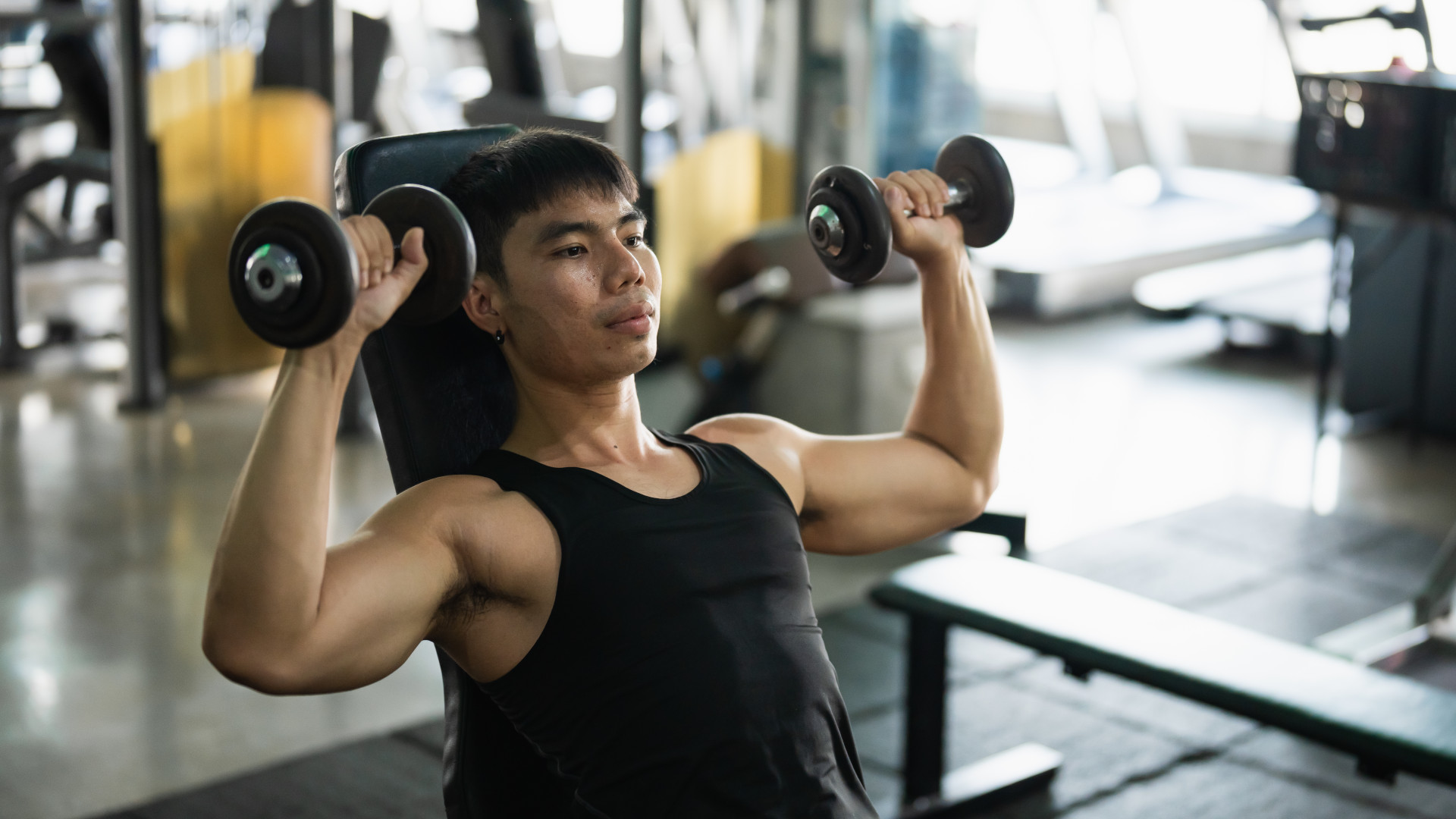 3 overrated shoulder exercises, according to a fitness expert (and what to do instead)
3 overrated shoulder exercises, according to a fitness expert (and what to do instead)Sculpt 3D shoulders whilst minimising injury with these three alternative exercises
By Bryony Firth-Bernard Published
-
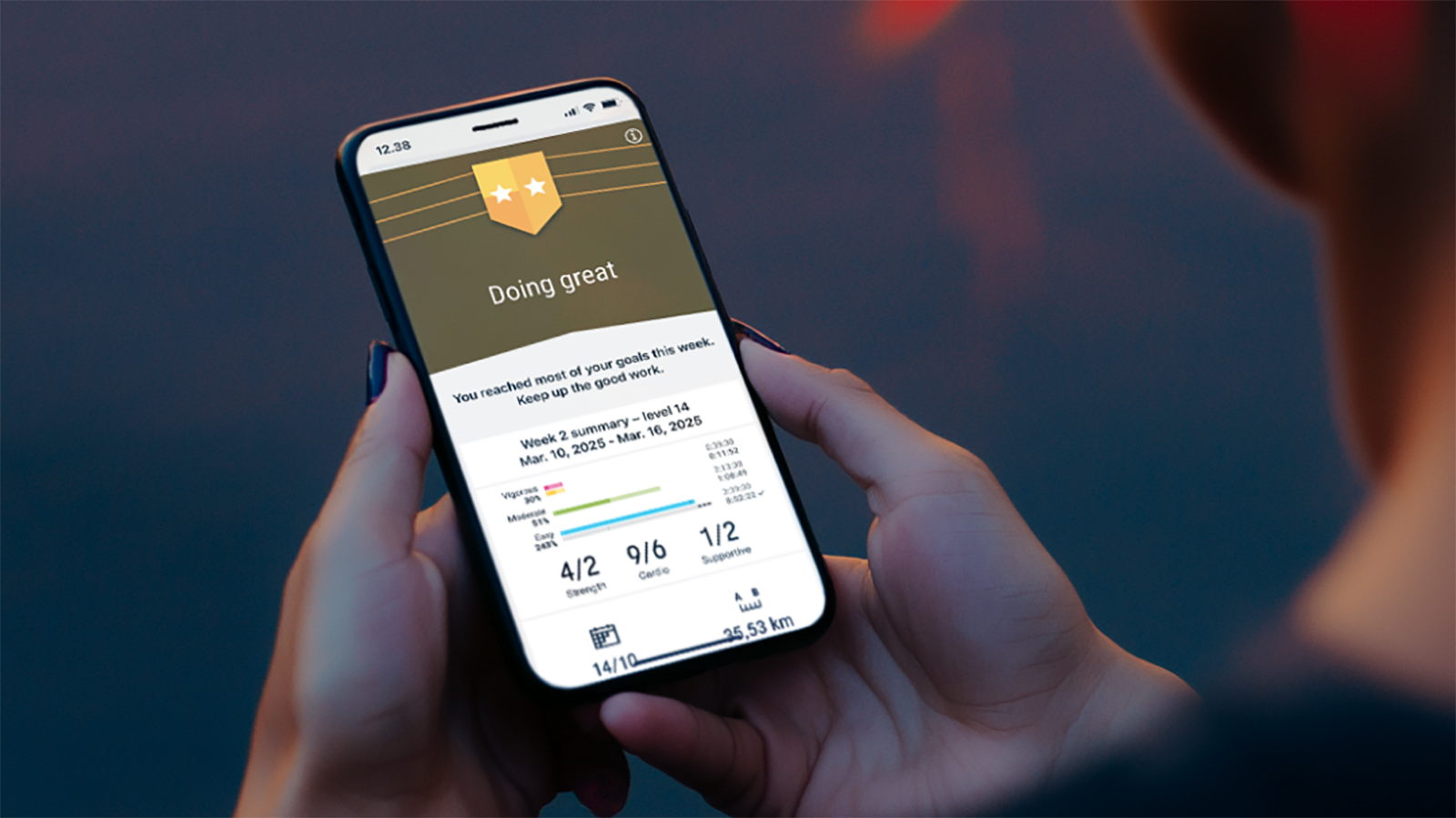 Polar’s new subscription feature lands in the shadow of Garmin’s Connect+ rollout
Polar’s new subscription feature lands in the shadow of Garmin’s Connect+ rolloutPR genius or timing disaster? Polar’s new Fitness Programme adds adaptive training to its ecosystem
By Matt Kollat Published
-
 3 overrated shoulder exercises, according to a fitness expert (and what to do instead)
3 overrated shoulder exercises, according to a fitness expert (and what to do instead)Sculpt 3D shoulders whilst minimising injury with these three alternative exercises
By Bryony Firth-Bernard Published
-
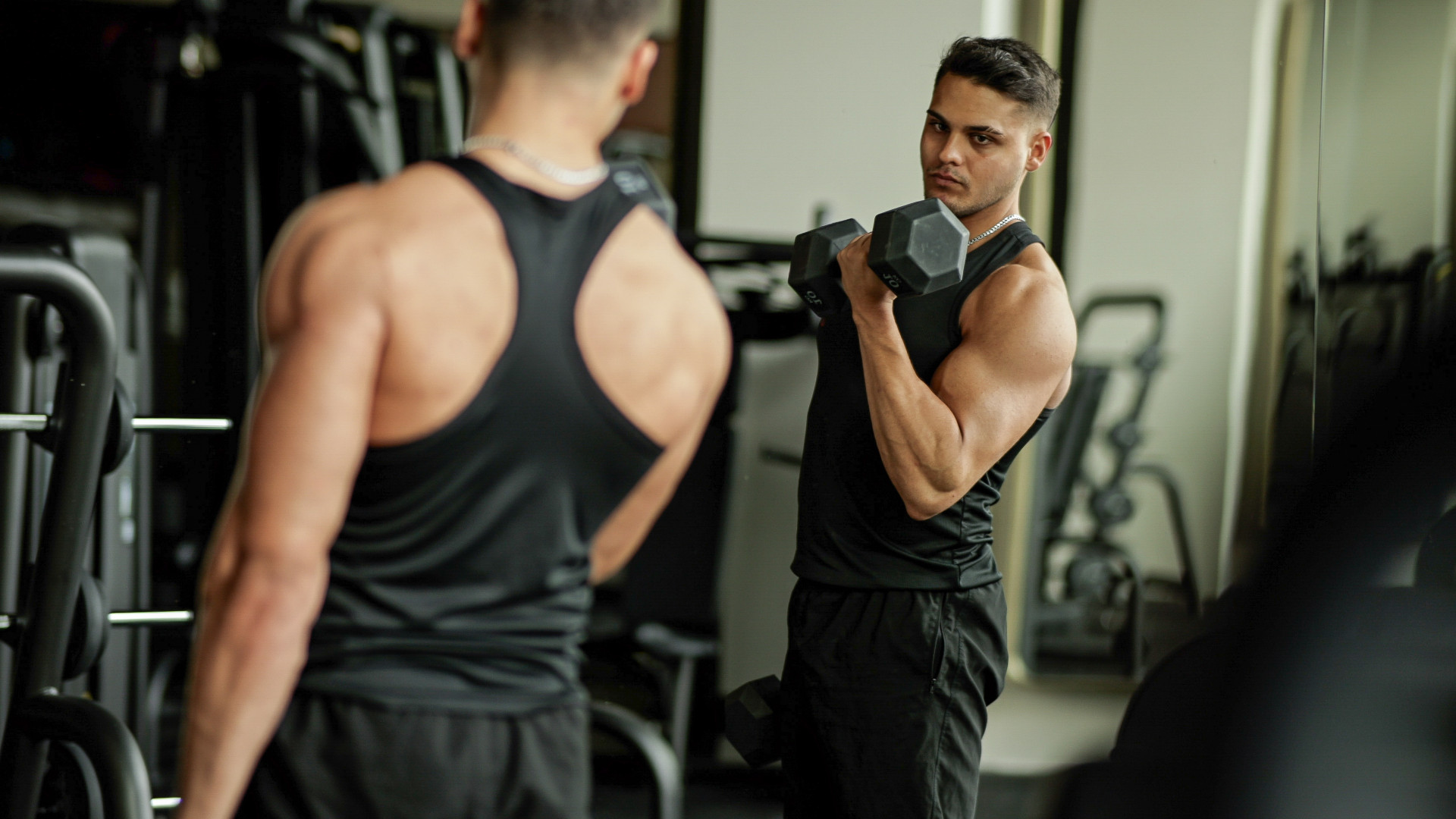 The best biceps exercise, according to science
The best biceps exercise, according to scienceHave you been training your biceps wrong this whole time?
By Lucy Miller Published
-
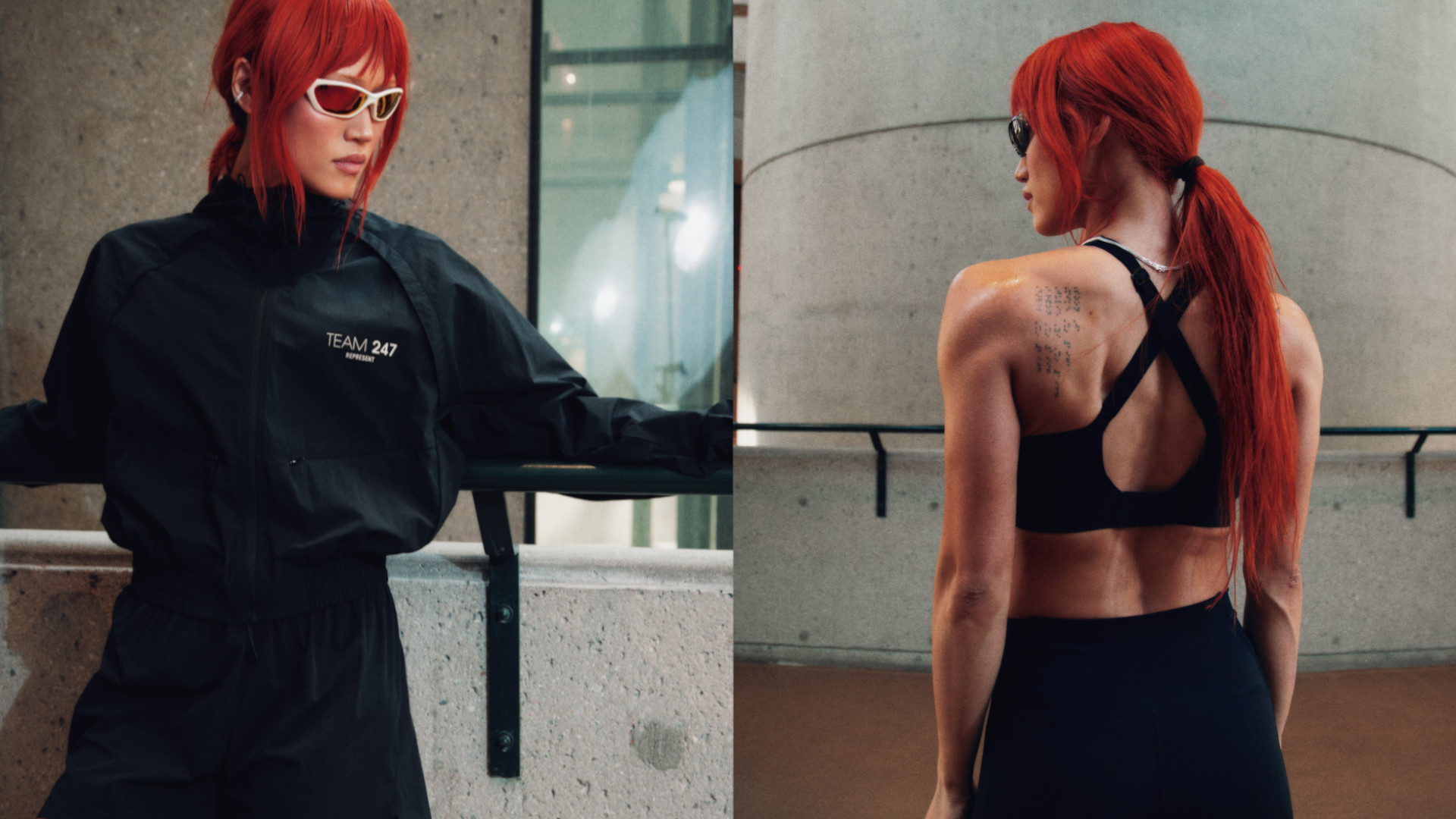 Finally! Represent 247 launches its first womenswear collection, taking you from street to gym in style
Finally! Represent 247 launches its first womenswear collection, taking you from street to gym in styleIt's about time guys
By Bryony Firth-Bernard Published
-
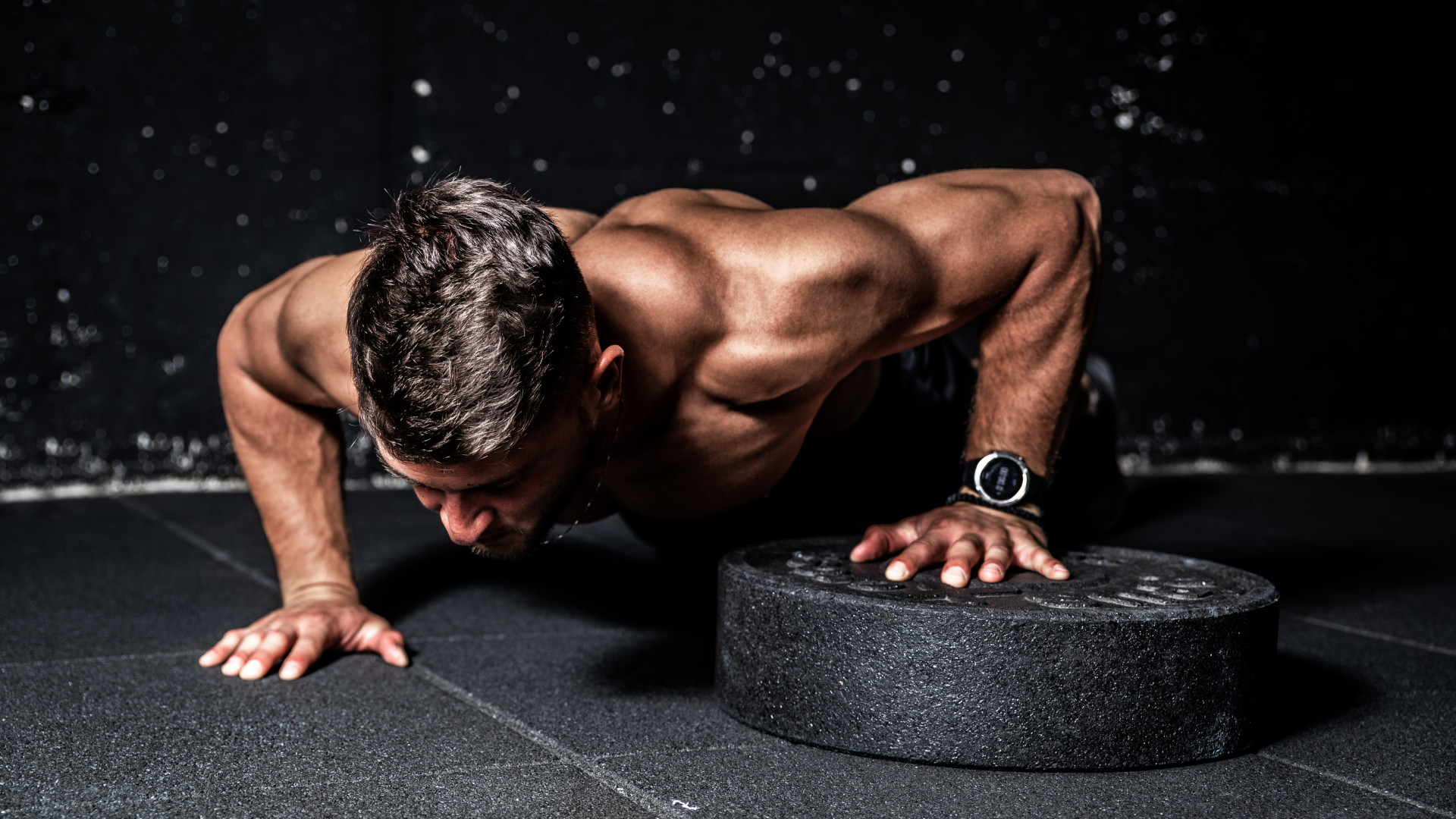 3 chest exercises you’re probably not doing to supersize your pecs
3 chest exercises you’re probably not doing to supersize your pecsA killer pec pump awaits
By Bryony Firth-Bernard Published
-
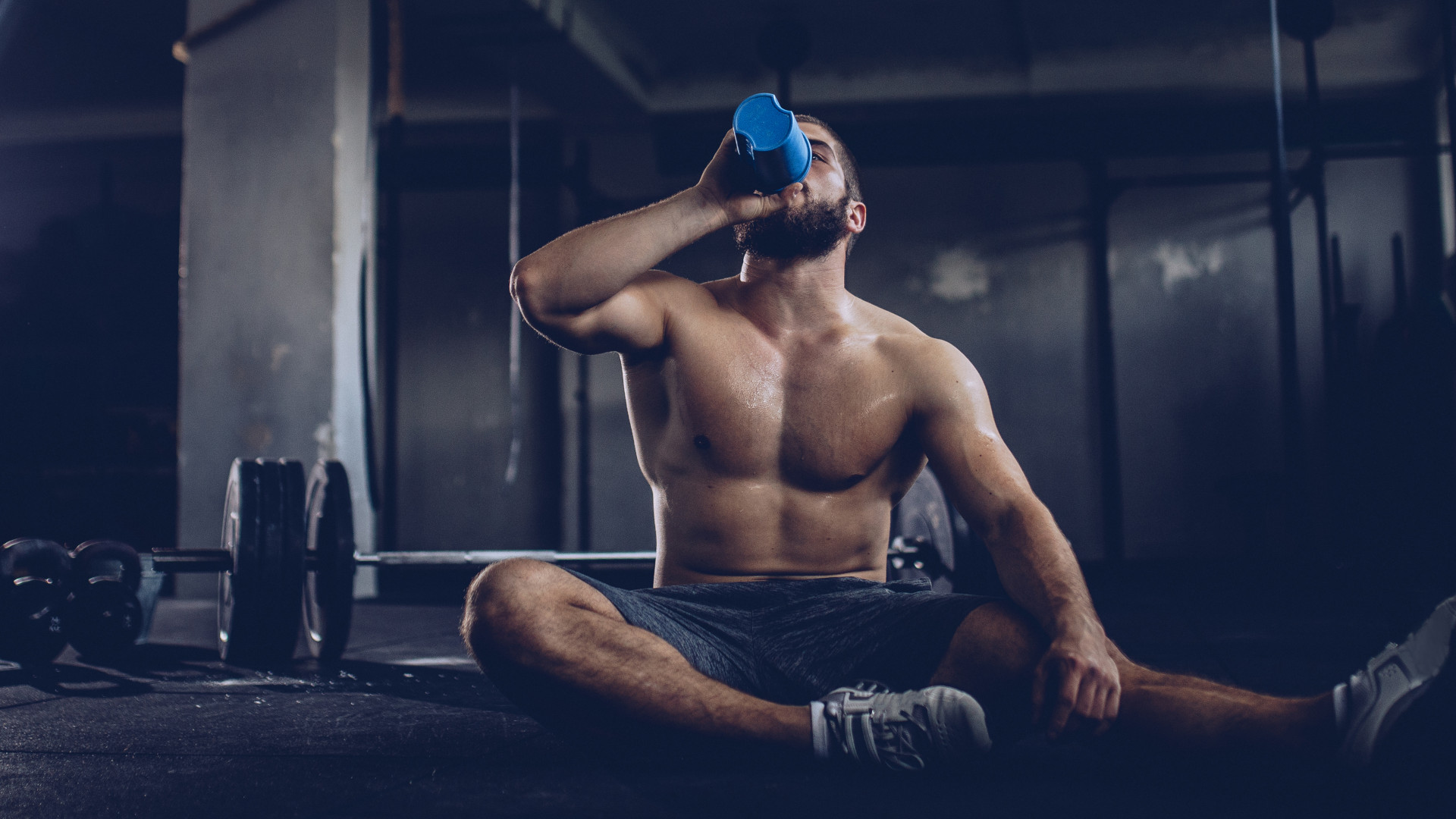 When’s the best time to take creatine?
When’s the best time to take creatine?The science-backed supplement is a must for building strength and muscle, but is there an optimal time to take it?
By Bryony Firth-Bernard Published
-
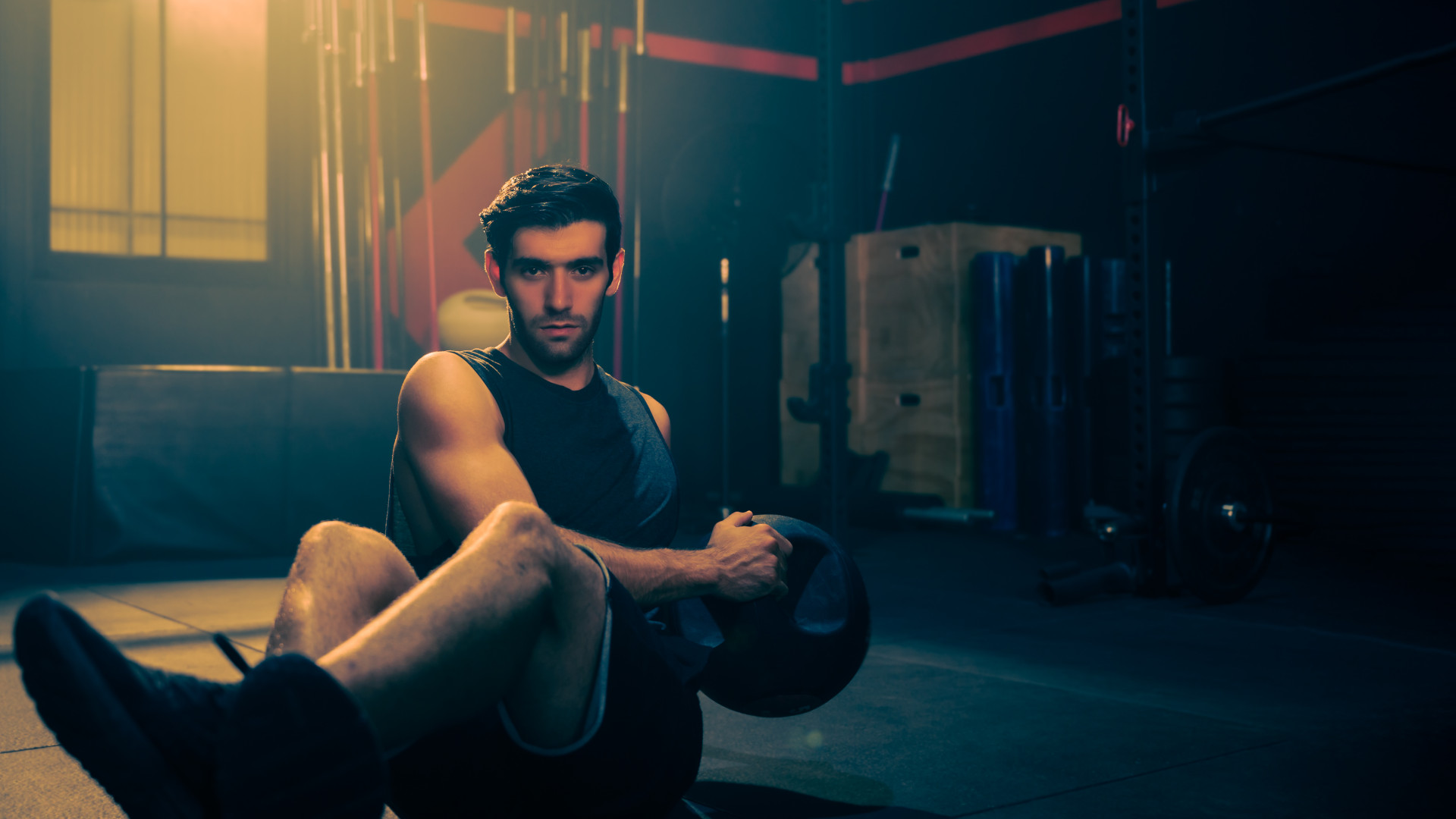 Three overrated core exercises and what you should do instead
Three overrated core exercises and what you should do insteadA fitness expert says these exercises aren’t all they’re cracked up to be
By Bryony Firth-Bernard Published
-
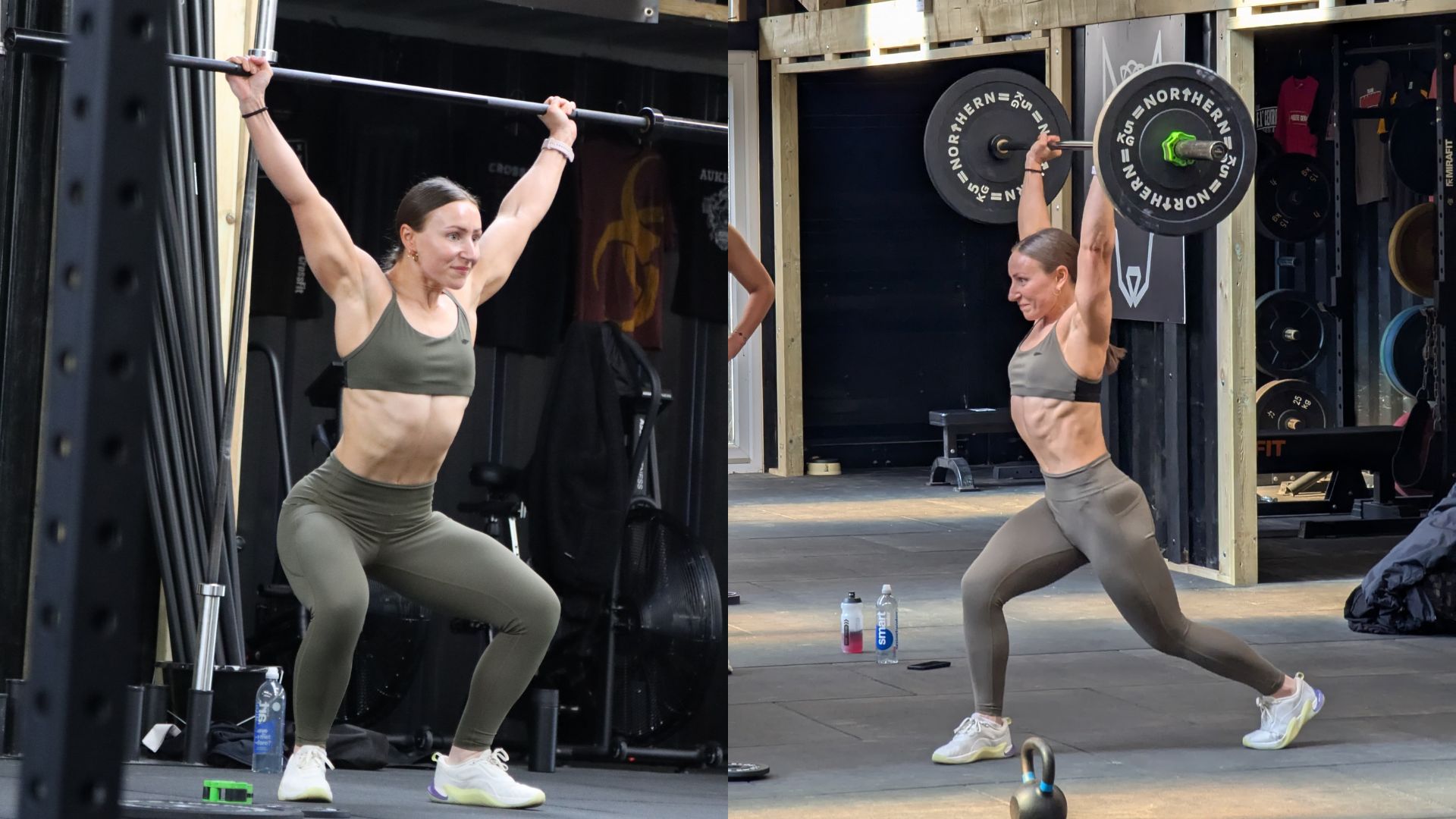 I tried Olympic weightlifting for the first time – here are three things it's taught me
I tried Olympic weightlifting for the first time – here are three things it's taught meBeing strong simply won't cut it
By Bryony Firth-Bernard Published
-
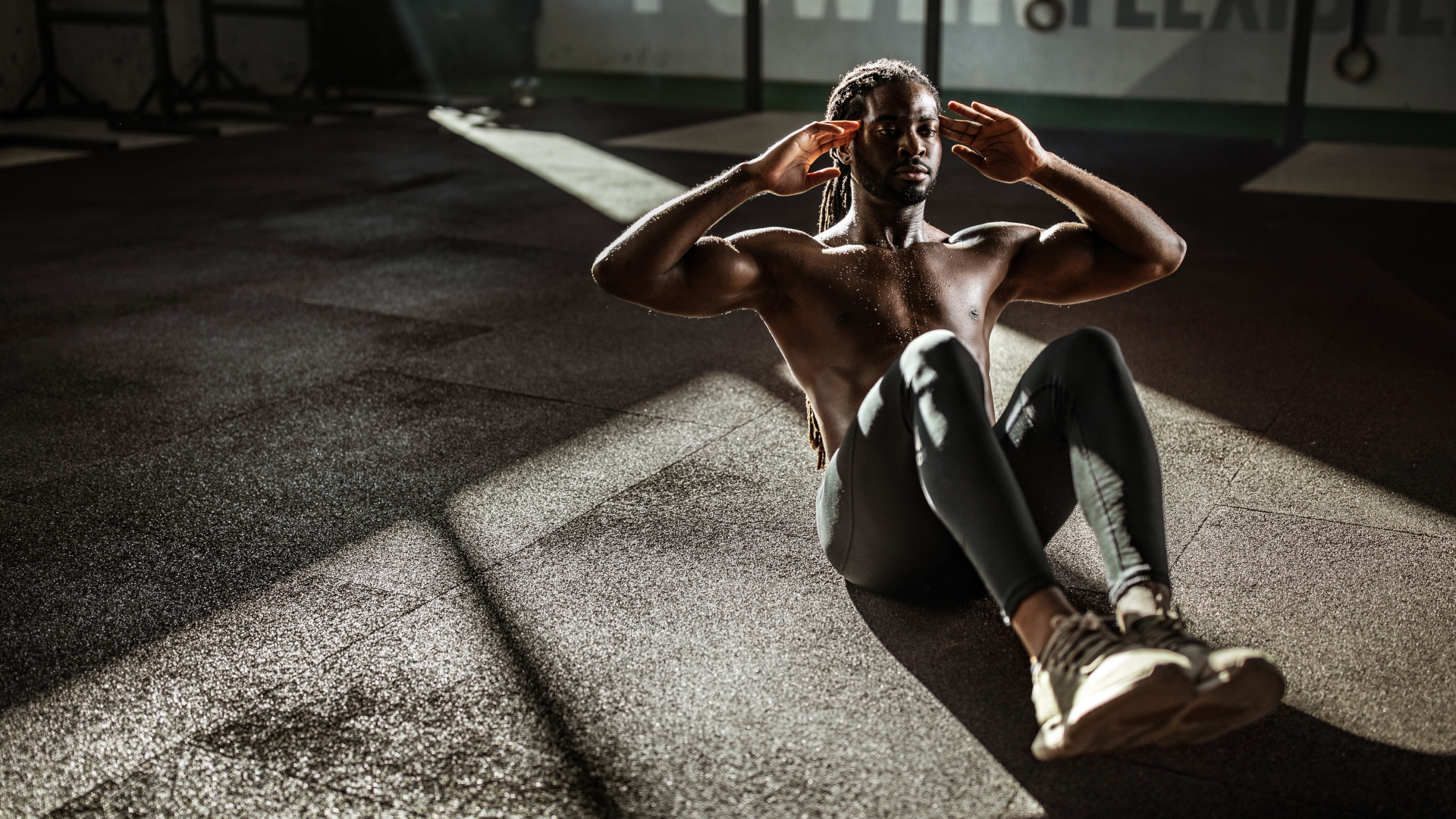 An exercise scientist ranks every ab exercise – and the worst one may surprise you
An exercise scientist ranks every ab exercise – and the worst one may surprise youFYI it’s not crunches or sit-ups
By Bryony Firth-Bernard Published